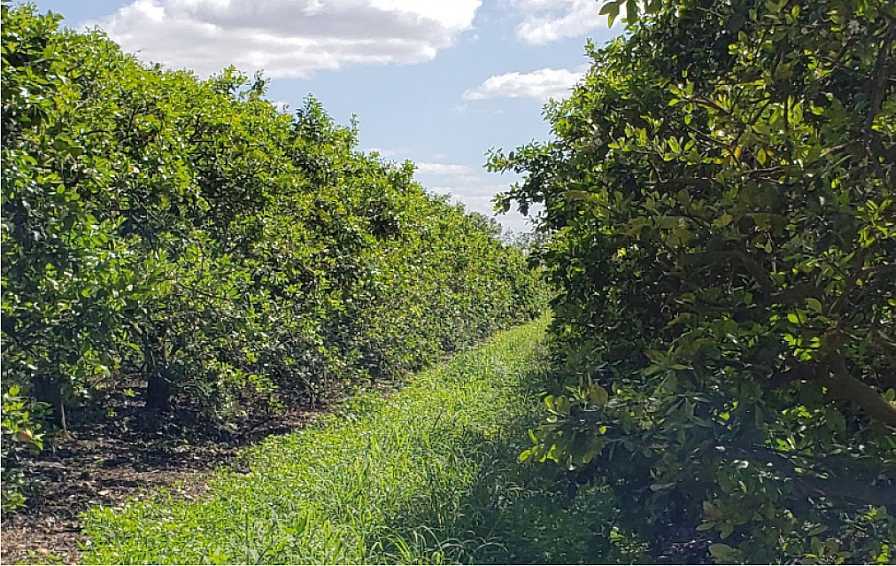The Florida Department of Agriculture and Consumer Services (FDACS) has denied AgLogic Chemical LLC’s application for state pesticide registration for the pesticide aldicarb on citrus crops in Florida. The pesticide registrant’s application did not meet the requirements of federal law, according to the state agency.
“While there are promising new avenues for combating citrus greening, such as recent UF/IFAS breakthroughs in genetic resistance, aldicarb poses an unacceptable risk to human, animal and environmental health in Florida. , is one of the most toxic pesticides in the world and is banned in more than 100 countries,” says Nikki Fried, Florida Commissioner of Agriculture. state, and therefore we must deny registration of aldicarb for use in the state of Florida. I look forward to working with our citrus growers, the EPA, and all partners to continue to support the Florida citrus in an environmentally friendly way.
Context: Aldicarb is an N-methylcarbamate insecticide primarily used as a nematicide. Aldicarb is one of 28 pesticide active ingredients rated as Extremely Hazardous (Class Ia) by the World Health Organization, the highest WHO hazard designation. The pesticide has been banned in 125 countries.
Phasing out: In 2010, the EPA phased out the use of aldicarb in the United States as part of an agreement with the manufacturer of the pesticide, with citrus fruits and potatoes being phased out first.
Federal approval: On January 12, 2021, the EPA authorized the use of aldicarb in Florida on up to 100,000 acres of oranges and grapefruits for three years through 2023. The product was to be used as a nematicide to control the invasive Asian citrus psyllid pest, which transmits the bacterial pathogen of citrus greening. That approval was challenged in a lawsuit filed by the Center for Biological Diversity, the Farmworker Association of Florida and the Environmental Working Group. Pesticides must be registered with the State of Florida through the FDACS and must receive departmental approval for use in Florida.
State denial: On April 19, 2021, the EPA acknowledged in its filing with the United States Court of Appeals for the DC Circuit that “it did not determine the effects of the Endangered Species Act (ESA) prior to ‘conditionally approve the use of aldicarb on oranges and grapefruits in Florida.’ Therefore, the department has determined that the registrant’s request does not meet the requirements of applicable federal and state law. applicant will have the opportunity to request an administrative hearing to challenge the department’s decision.
Many environmental groups applauded the action to deny the use of aldicarb. Among them was the Sierra Club Florida.
“Aldicarb is one of the most dangerous neurotoxic chemicals in the world, so toxic that it has been banned in the United States and more than 100 other countries and is one of the few pesticides classified as ‘extremely dangerous’ “by the World Health Organization. It can cause illness and death in adults, children and animals, and has no place in Florida food, water or soil,” says Deborah Foote, acting director of the Sierra Club Florida chapter.
Florida Fruit & Vegetable Association and Florida Citrus Mutual filed amicus curiae factum in support of the respondents to lobby for the use of aldicarb.
2
2
5
Return of Aldicarb in Florida Citrus Denied by State Department of Agriculture











More Stories
US Department of Agriculture awards $50 million grant to sugar beet industry – Agweek
New York State Department of Agriculture Announces Statewide Urban Agriculture Study
Department of Agriculture Launches New Favorite PA Website Connecting Pennsylvanians to PA Products and Agricultural Destinations